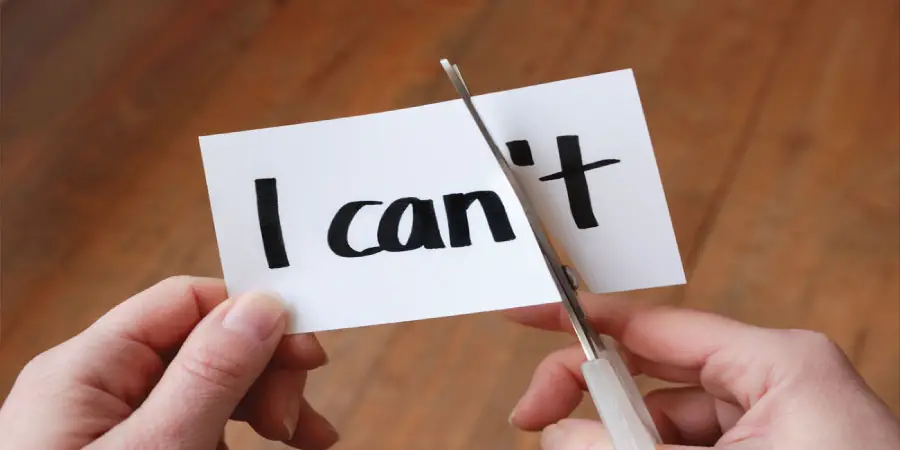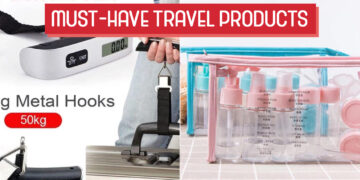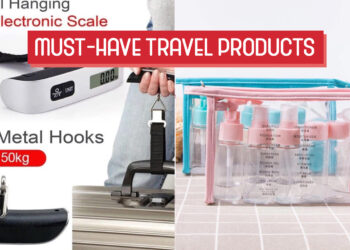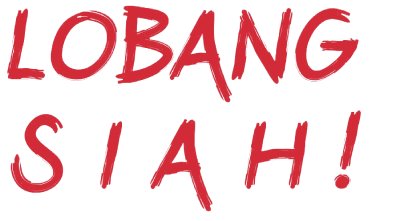Being self-aware and taking control of your career begins with understanding your strengths at work. Identifying your strengths and improving them can help you find work that you enjoy while also honing your skills in areas most relevant to your career path. Reflecting on your strengths and analyzing how you can use them in your day-to-day life can help you make career decisions that will enable you to succeed and grow.
As well as improving your performance, developing your personal strengths helps you discover more about yourself.
There is one aspect that remains constant: strengths benefit you in almost any industry or situation.
Unlocking your mental strength can be complex and difficult on your own. Every day at work and at home, it takes patience, strategic planning, and self-care.
What are your Personal Strengths?
Whether in a personal relationship or in a formal setting such as the workplace, personal strengths are valuable to individuals throughout their lives.
It is common for people to go unused their strengths. If this happens, you lose out on a chance to succeed. Having strengths makes individuals more efficient, productive, empathetic, artistic, etc.
They bring out the best qualities in us. By doing so, we become more productive and satisfied. Career and personal life suffer in a variety of ways when you do not utilize your strengths.
If you do not use your professional strength, like communication, your team will become confused and chaotic.It is important to remember that strengths extend beyond the workplace.
6 Ways to Identify Your Personal Strengths
It can be a bit challenging to figure out your strengths on your own. You can, however, identify your strong points more easily by reviewing the following list of strengths.
1. Take the Strengths Test
You can find out your strengths by taking a strength test, and the results are provided to you.
What matters is how you interpret the results and what you do with them.
Apply your core strengths from the report to your daily life. Even in times of turmoil, find new ways to use them.
2. Talk With Your Relatives and Coworkers & Write Down What They Say
When you are trying to understand your own strengths, it can be helpful to speak to others, especially those you love and trust.
Together, discuss major moments in your lives and analyze which strengths help you overcome challenges. Don’t forget to write down what they say.
It’s likely that they will tell you about your external strengths since they are more visible to them.
If you identify your internal strengths, you will be able to overcome internal/personal issues more effectively.
3. Identify and Acknowledge Your Personal Weaknesses
Searching for weaknesses seems counterintuitive: how does it help me discover my strengths?
With the right tactics, you can overcome weaknesses by understanding them.
Determine which personality traits enable you to overcome your weaknesses.
4. Find Where You are Productive
Consider when you are most productive during the day. When you use your strengths, time will seem to fly by.
This is because we generally enjoy using our strengths. Identify times when your productivity soars, and relate the activities you performed during those times to your core strengths.
5. Understand Your Passions
Strength development in a sphere you enjoy will not feel like work.
Find out which cognitive abilities or physical strengths you use during your favorite activities. You can improve even if you’re not great yet at this activity.
You are more likely to improve your strength when you enjoy the activity you are doing.
6. Go Outside Your Comfort Zone
Finding your strengths requires self-awareness.
Try new activities, skills, or hobbies to accomplish this. Make a contribution when a project requires skillsets outside your own.
Developing a specific strength can be achieved by taking leadership roles, shadowing mentors, or taking classes.
How to Utilize and Leverage Your Personal Strengths
Consider investing in yourself if you want to perform well at work or have a fulfilling life.
Take an assessment, ask your coworkers, or look back at your past successes to identify your strengths. Start setting goals after you’ve done this.
Make sure they are specific, measurable, attainable, realistic, and time-bound. Determine if you have made any progress toward your goals over the past month.
Take advantage of your strengths to achieve your goals. Make the most of your strengths at work.
Be aware of when, where, and why you use your skills and which behaviors reveal your strengths.
Understanding how both hard and soft skills help you excel at work will help you determine what behaviors are most conducive to leveraging your strengths.
Develop new healthy and productive behaviors that allow your strengths to shine. Make strength-enhancing activities your replacements for bad habits.
Consider socializing with like-minded professionals instead of watching TV alone after work. As a result, you will develop your social intelligence and confidence. Reading books can also be an alternative activity.
List with Examples of Personal Strengths
Having learned how to develop skills and why it is important, you may be wondering what areas you should focus on.
In the following list, you will find many examples of strengths that are beneficial to virtually any industry.
Personal Strengths Examples
Action-oriented
Attentive
Collaborative
Creative
Committed
Determined
Flexible
Enthusiastic
Empathetic
Disciplined
Honest
Respectful
Patient
Innovative
Trustworthiness
Respectfulness
Patience

What are Personal Weaknesses?
Weaknesses are characteristics that prevent you from excelling in your relationships or inhibit your ability to use your strengths effectively.
It is impossible to address problems properly if you ignore your weaknesses.
Weaknesses can sometimes simply be the absence of a crucial strength. Lack of confidence, for example, can be considered a weakness since it prevents you from taking control, believing in yourself, and taking calculated risks.
Some examples of personal weaknesses include being passive, aggressive, lazy, impatient, impulsive, greedy, or overly emotional (lack of emotional intelligence can contribute to this).
Individuals and their industries/companies have varying degrees of weaknesses. You face immense time pressure if you lack the necessary skills.
People improve their weaknesses for personal growth and career development, not because it will make or break them.
Instead of dwelling on your flaws, it is better to develop your strengths and accept and work on your weaknesses on the side.
How to Turn Personal Weaknesses into Personal Strengths
Acknowledging and accepting your weaknesses is the first step. A crucial part of self-development is becoming self-aware.
Understanding how far you have come since beginning your journey is difficult without self-awareness. Make sure you have someone to guide you.
People around you may suppress your strengths and foster your weaknesses, so make sure they are not negative influences.
See if someone you trust can help you let your key strengths shine at work and in your relationship.
Remember times when your strengths helped you overcome challenges? Analyze which weaknesses made it difficult to achieve a goal.
Use that weak point along with your strengths to develop a new strength from a weakness.
Frequently Asked Questions About Identifying Personal Strengths
How do you utilize your strengths?
Even when you know what your strengths are, it can be difficult to put them to use. You need to find activities that will allow you to demonstrate your abilities and strengths in order to utilize your strengths.
If creativity is your strength but your work only requires organizational skills, consider freelancing and engaging in fields such as graphic design or copywriting. Tell your managers you’re interested in doing more creative work and offer them some help.
How do you identify your personal strengths and weaknesses?
Asking for feedback is a great way to identify your strengths and weaknesses. We often tend to be subjective when it comes to our own qualities, whether we like it or not.
When you reach out for feedback, you’ll see what others think and what your true strengths and weaknesses are. Therefore, listen to what others compliment you on and what skills they recommend you improve.
(Credits: mystrengthsandweaknesses)
Since you’re here, why not Read:



























